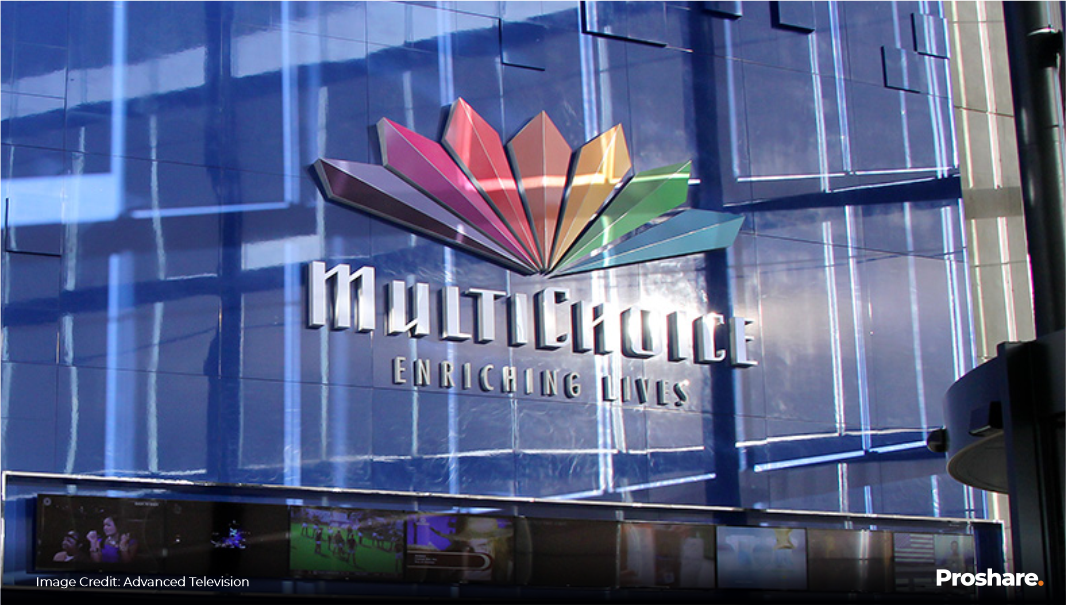The South African pay TV operator MultiChoice announced overall annual losses of R4 billion ($217 million) on revenues of R56 billion due to macroeconomic difficulties that could cause its shareholders to rethink whether a Canal+ ownership could offer some reprieve,
The economic challenges in key markets, such as Nigeria and Ghana, significantly impacted Multichoice’s performance. The devaluation of local currencies and high inflation rate reduced consumer spending power, resulting in a decline in active subscribers.
In Nigeria, the company’s largest market in West Africa, active subscribers dropped by 1.2 million to 8.1 million, representing a significant decline.
Read also: The Future of MultiChoice Brands under Canal+
The reduction in subscribers had a ripple effect on revenue, with Nigeria’s contribution to the Rest of Africa segment decreasing from 44% to 35%. This decline highlights the vulnerability of Multichoice’s business to economic fluctuation in its key markets.
South Africa’s Resilience in the Face of Economic Challenges
In its leadership summary reporting the results, MultiChoice stated that mass-market consumers in nations like Nigeria must put fundamental needs ahead of entertainment.
For businesses in the rest of Africa (which includes all of its markets outside of South Africa), FY24 offered the most challenging macroeconomic conditions since 2016, according to the enterprise.
South African businesses showed more resilience, with only a 5% decline in active customers (7.6 million active subscribers at year-end), and they also came under pressure.
Continuous load distribution through FY24 created an environment where customers without backup power were reluctant to subscribe to their service due to the uncertainty of whether they could watch.
Read also: Multichoice Nigeria Appeals N150 Million Fine
How can Multichoice recover from its decline?
In every market, there was an 8% decrease in premium consumers (encompassing the Premium and Compact Plus bundles) and a 2% decrease in the mass market segment.
Furthermore, the annual results, which investors are unlikely to be impressed by, were delivered against a background of cost-cutting measures by the pay-TV group. It reduced subsidies on decoders and delivered cost savings of R1.9 billion. Yet, it could not escape the realities of the markets in which it operates.
For example, due to solid price swings in the FX market, the business lost $59 million in remittances from Nigeria throughout the year. That amount was $132 million in the fiscal year 2023.




